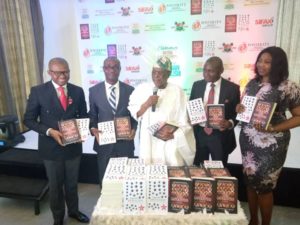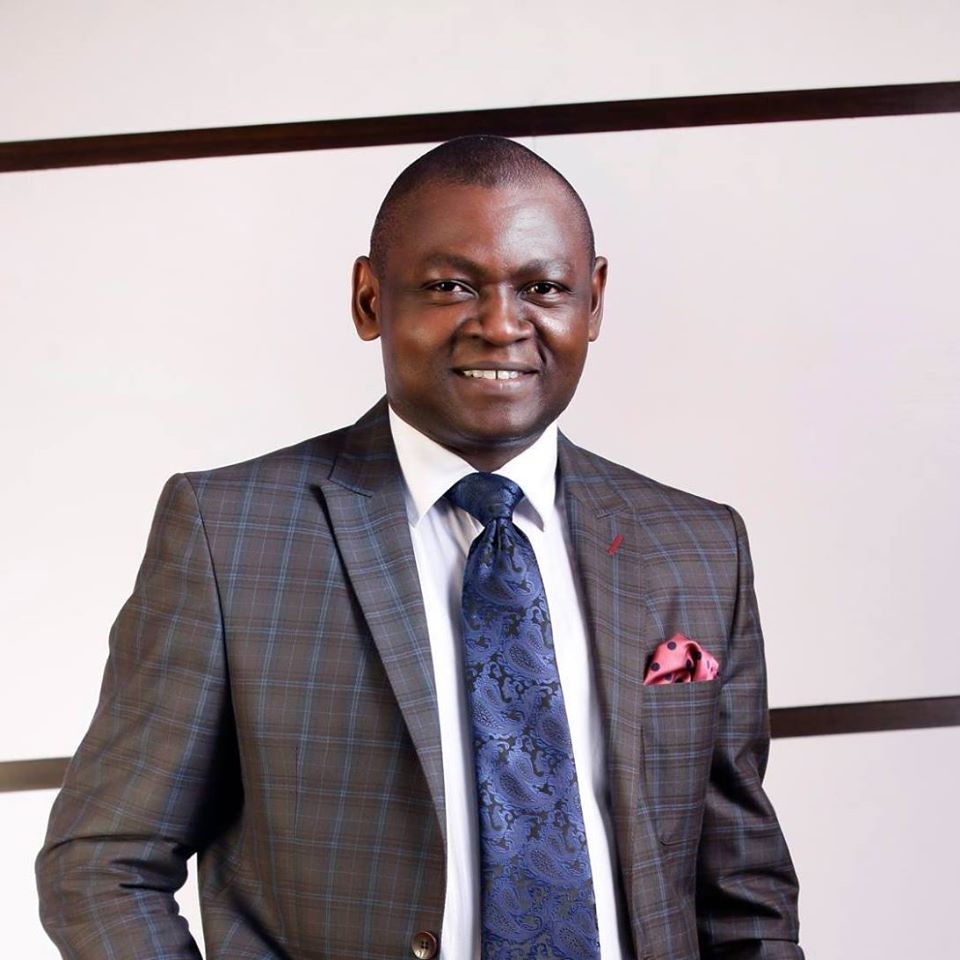O’Femi Kolawole is an award-winning journalist and author who has practised journalism for about 19 years. The author of THE GATEKEEPERS; a biography of Nigerian newspaper editors, media scholars, public relation practitioners, political leaders and researchers, Kolawole recently unveiled another publication tilted Nigerian JOURNALISM to celebrate 160 years of journalism in Nigeria.
In this interview with DAYO EMMANUEL, he spoke about his interest in documenting the practice of the profession and other issues in the industry.
Excerpts:
What prompted your interest in the future of journalism in Nigeria which has also initiated your documentations in book form?
I have been in journalism for almost 19 years now and I am passionate about a better society and the future generation of journalists. My passion and question have been how to make journalism better. We have presented the book, The GATEKEEPERS and a book to celebrate 160 years of journalism in Nigeria. Henry Townsend started it in 1859 and we are doing this to celebrate journalism in our country. The job is time-consuming and very demanding. You won’t say the pay is what is expected. Journalists are patriotic and it can be better. The media have work to do, so Posterity Media embarked on this project to support the media. Beyond the celebration, it is a motivation as we document the history of the media leaders. It is also a motivation for the journalists coming behind.
What were the challenges you noticed and how do you think we can do something better based on your relationships with the media players over the years?
One of the things I have seen is a number of editors, media leaders columnists are advocating, writing columns, setting agenda for the government to do things. There are things they point the attention of the government to do. Sometimes no action is taken. Sometimes this leads to frustration. I was reading an editor saying if all our political leaders would just go back to what journalists and columnists have written, that would be a wonderful manual. We don’t even need any more development blueprint; they should go back to what has been written in the past. Whether it is in fixing power, sorting our health sector, our educational system, other sectors or whatever you want to look at. All of those things are there. Sometimes, I see a bit of frustration, sometimes these leaders see the world, they travel and they see development but all they see are not implemented here.
Another thing is the poor pay of our journalists. But based on my relationship and interaction one thing I would bring out now is to tell the Nigerian people that we need to support the media more to do better for our country. We see the government whether at the federal or state level repressing the media, the people must stand strong behind the media because if we allow a dictatorship in our country we will all lose out, but if the media is standing strong there is the potential for a better country. Then the Nigerian business community must patronise the media more.
We have media professionals who are special advisers to people in government. What is your advice for them considering the current happenings in the country as relating to the media especially?
Sometimes we can say what is happening is unfortunate. During the presentation Chief Olusegun Osoba was describing someone as an Omoluwabi. He was talking about Mr. Dare Babarinsa. Who is an omoluwabi? It means a wonderful person of a character whose integrity you can trust and vouch for. For the journalists who have gone into the corridors of power and turned against the media, I would say that it is rather unfortunate and so if we all know ourselves; you will know that there are values you cannot compromise. The values of integrity, the values of protecting whatever image you have. It is not about money but values. I won’t mention names but journalists in power who have dented their names would have no one but themselves to blame.

Talking about young people and future journalism, can you say the future of journalism is bright based on the quality of entry we are having in the profession today?
I would say all hope is not lost. I would say indeed the future is still bright despite the current challenges. One of the things that is prominent now is social media. You see citizen journalists advocating against the ills in our society. Journalism of the future would be one where those who have been trained as journalists would have to distinguish themselves in terms of quality reports that they do while even more people would come into journalism who are not journalists. Citizen journalists would be more. However what would distinguish the men from the boys is the output, quality delivery that we bring to the table.
What do you think is the quality of training being received by these young people coming into the profession, can you compare to your days?
Well, what I would say to that is that teachers of journalism are doing their best only that students are not going the extra mile to develop themselves to grow to build their own personal capacity. That is what I see. A number of wonderful editors and journalists are leaving the newsrooms to go teach. Wonderful distinguished journalists like former editor of Tell, Mr. Wola Adeyemo, he is a journalism teacher now. Somebody like Mr. Lekan Otufodunrin who was featured in The GATEKEEPERS, he also teaches now. These are wonderful editors. They have been imparting students but beyond that, the students should also go the extra mile to develop their capacity and develop themselves.

